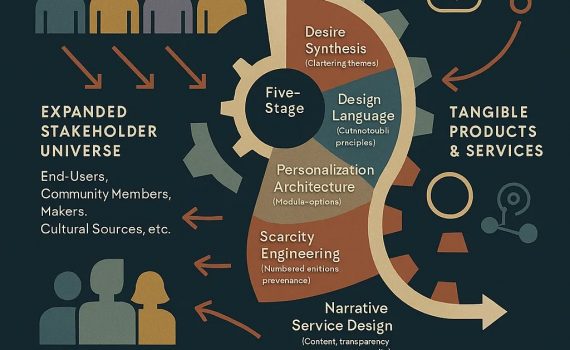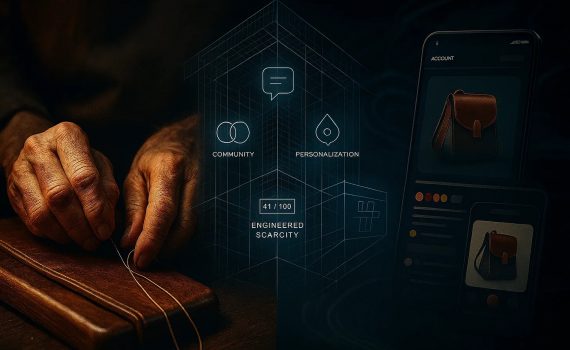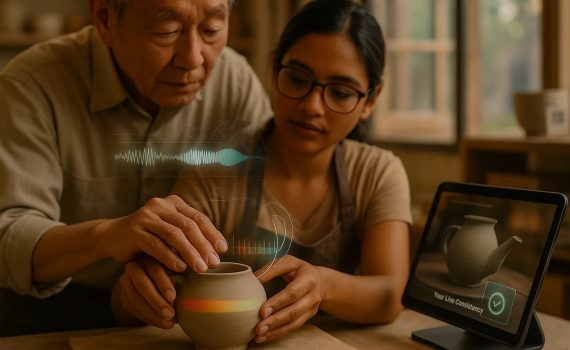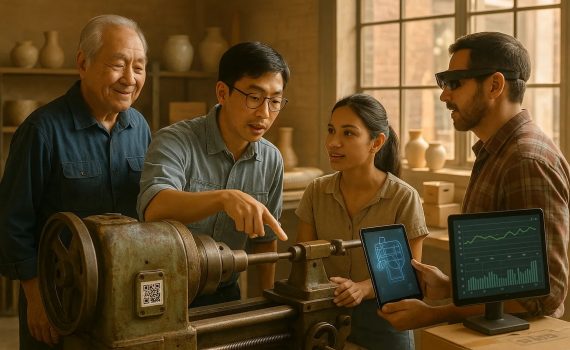When quality is no longer the differentiator, desire becomes the raw material. This article shows how to systematically translate stakeholder desires into products and services that carry meaning, identity, and long term value.
innovation
In a world where quality is ubiquitous, products compete on meaning rather than materials. This article explores how design intelligence and narrative coherence form a new architecture of value.
Luxury is no longer defined by materials alone. As quality becomes ubiquitous, value shifts toward narrative, personalization, and designed scarcity. This article explores how the New New Design reshapes branding, products, and consumer meaning.
Relocation is not the only answer to demographic decline. This article shows how aging societies can keep crafts alive at home by redesigning incentives, income models, institutions, and technology use.
Saving endangered skills is not just about machines and processes. This article shows how human rituals, sensory judgment, and carefully applied technology keep industrial heritage alive when capabilities move across borders.
As aging nations lose skilled masters, diaspora communities emerge as living bridges for endangered industries. This article shows how trust, translation, and stewardship can carry heritage production into new geographies without losing identity.





